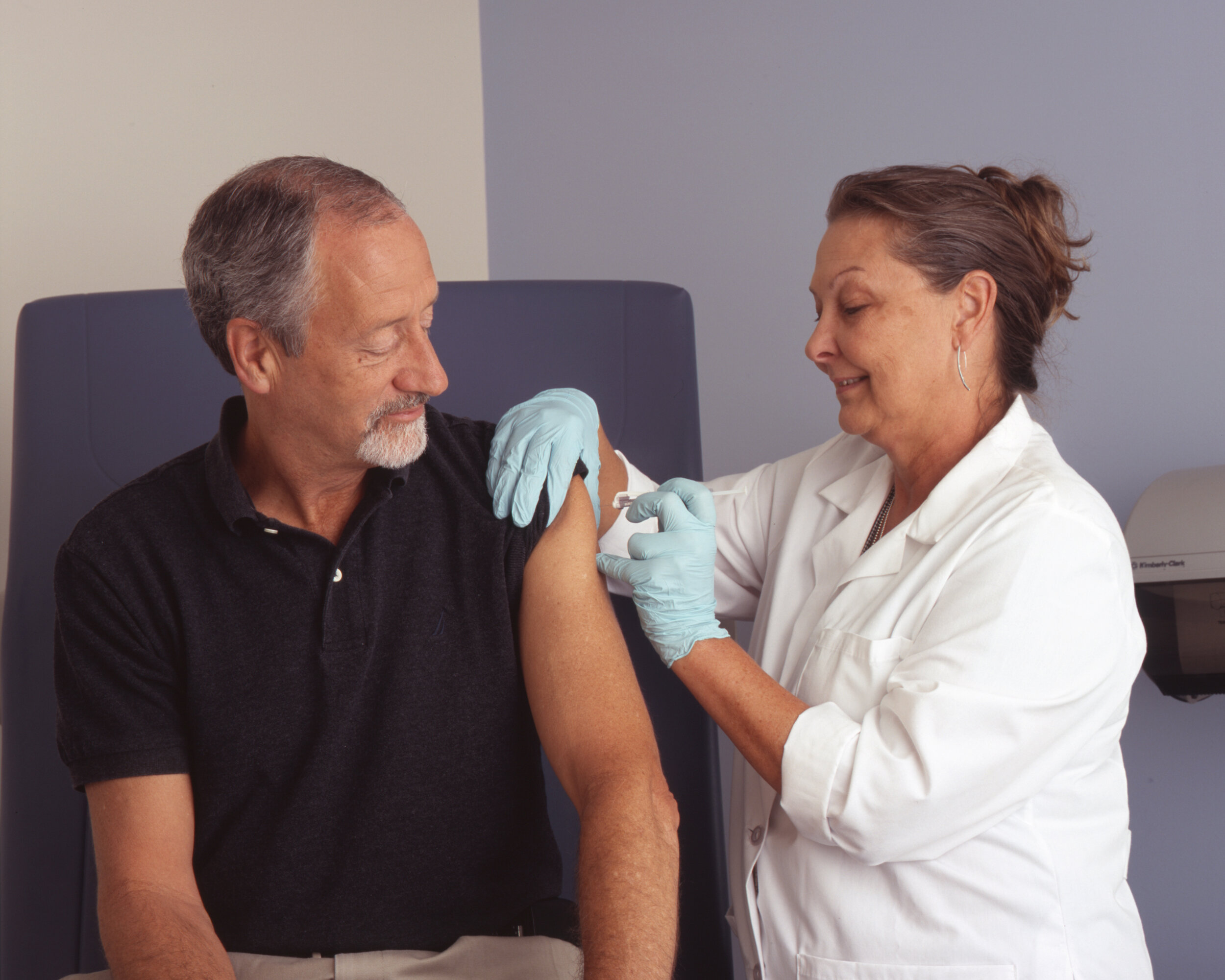Prioritizing the prevention of the spread of COVID-19, has globally and unintentionally led to leaving behind those who already live on the brink of life and death everyday. They are people with chronic health conditions. Patients suffering with cancer or any rare disease and hospitals shutting their doors to people not having COVID-19 is a problem.
Now we need to address the expediated loss of people suffering from non-COVID disease. Immediate action needs to be taken to prevent the scenario in which potential health risk of denying care for a non-COVID patient is greater than the risk associated with potentially contracting COVID-19.
70% of people are very or somewhat concerned about visiting a health facility as they fear contracting COVID-19, according to the American College of Emergency Physicians. This kind of perception means there are far lower numbers of routine disease management and preventive screenings.
There has been a decline of 50% in visits of emergency rooms and this implies that significant number of people wait too long to seek treatment. This can lead to long-term damage and premature death.
Acute, deadly conditions like heart attack, appendicitis and strokes are at all time low levels of hospitalizations, though the occurrence of these health challenges in the general population doesn’t seem to be decreasing.
New cases of cancer not being detected:
Every year, 18 million people get diagnosed with new cases of cancer. Early detection is critical in these cases. During the pandemic, cancer screenings have decreased significantly. A data analytics firm noticed that in the US there has been a 31% decline in the number of new diagnosed cancer patients in March.
People suffering from rare diseases are being ignored:
People who are hit the hardest by the near total shutdown of hospital systems are the 475 million people globally surviving with a rare disease. On an average they wait for 5-7 years to get diagnosed and later have just 5% chance of an US FDA- approved treatment made available.
An estimated 25% million people affected by a rare disease in the US, 95% said that COVID-19 has impacted their immediate and long-term health and well-being. 75% had medical appointments cancelled and 69% worried about medication and medical supply shortage.
A miniscule number of people with rare disease who have their care designated as “essential” to get it in a clinical setting were treated as if they had COVID-19 by default.
To attend clinical appointments many with rare disease have to unnecessarily be put at risk of contracting COVID-19. Majority of US hospitals require everyone with or without COVID-19, to visit emergency room and get screened for the virus, before they proceed for appointments to other wings.
Healthcare is essential for everyone:
Many hospitals look at case to case decisions on the procedures to be allowed. But an approach of minimizing foot traffic misses the crucial point that all healthcare is essential.
Preventable losses from non-COVID diseases during the lockdown have to be addressed.
Healthcare administrators should think of separating COVID-19 services from equally important services like screening for cancer or rare disease complications. Only COVID-19 responses cannot be deemed as “essential” and treatment for patients living with other disease as “non-essential”.
Creative solutions are urgently needed to ensure that the global population gets access to basic healthcare, crisis or not.


